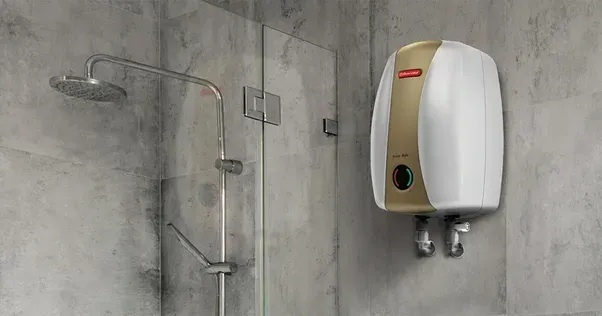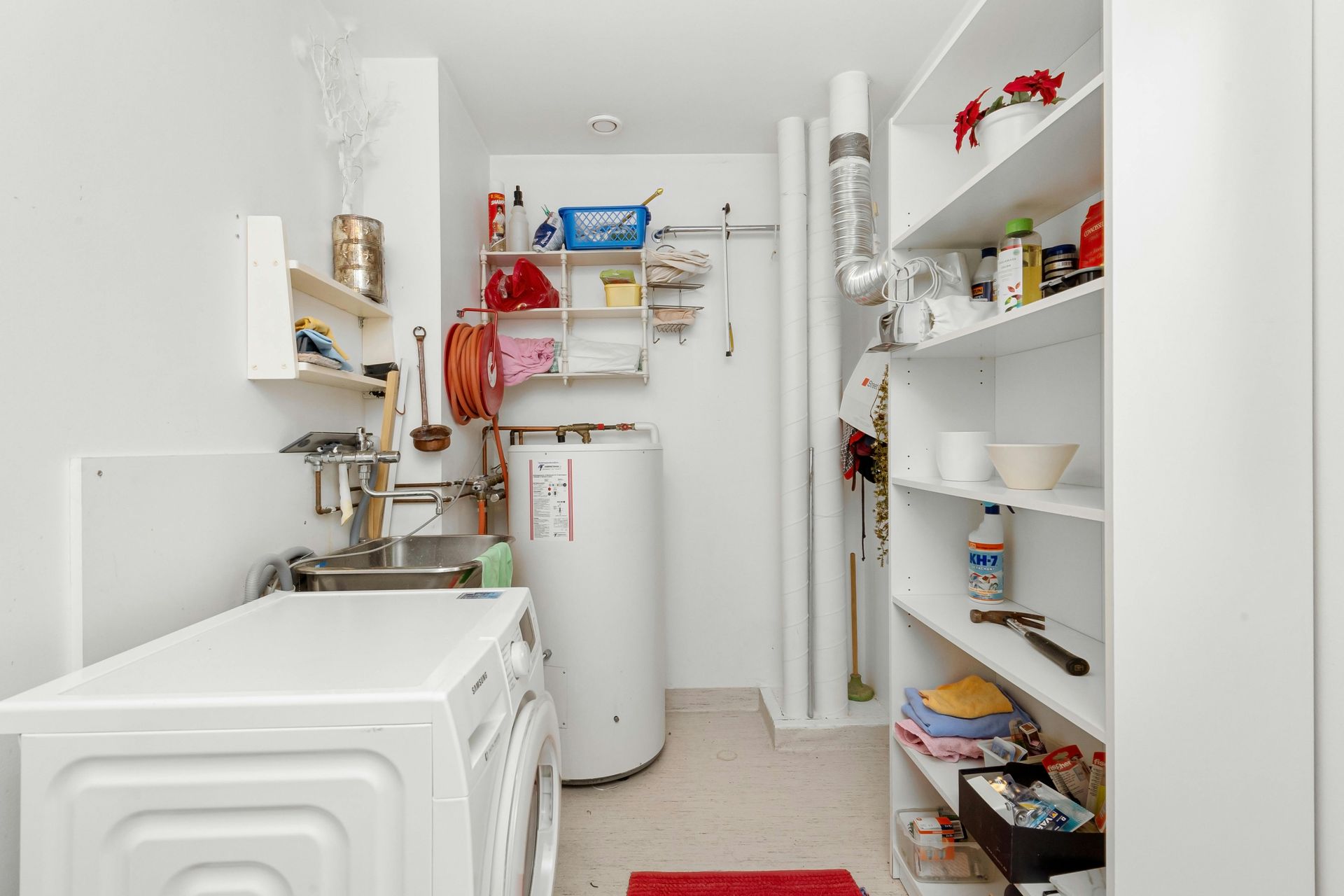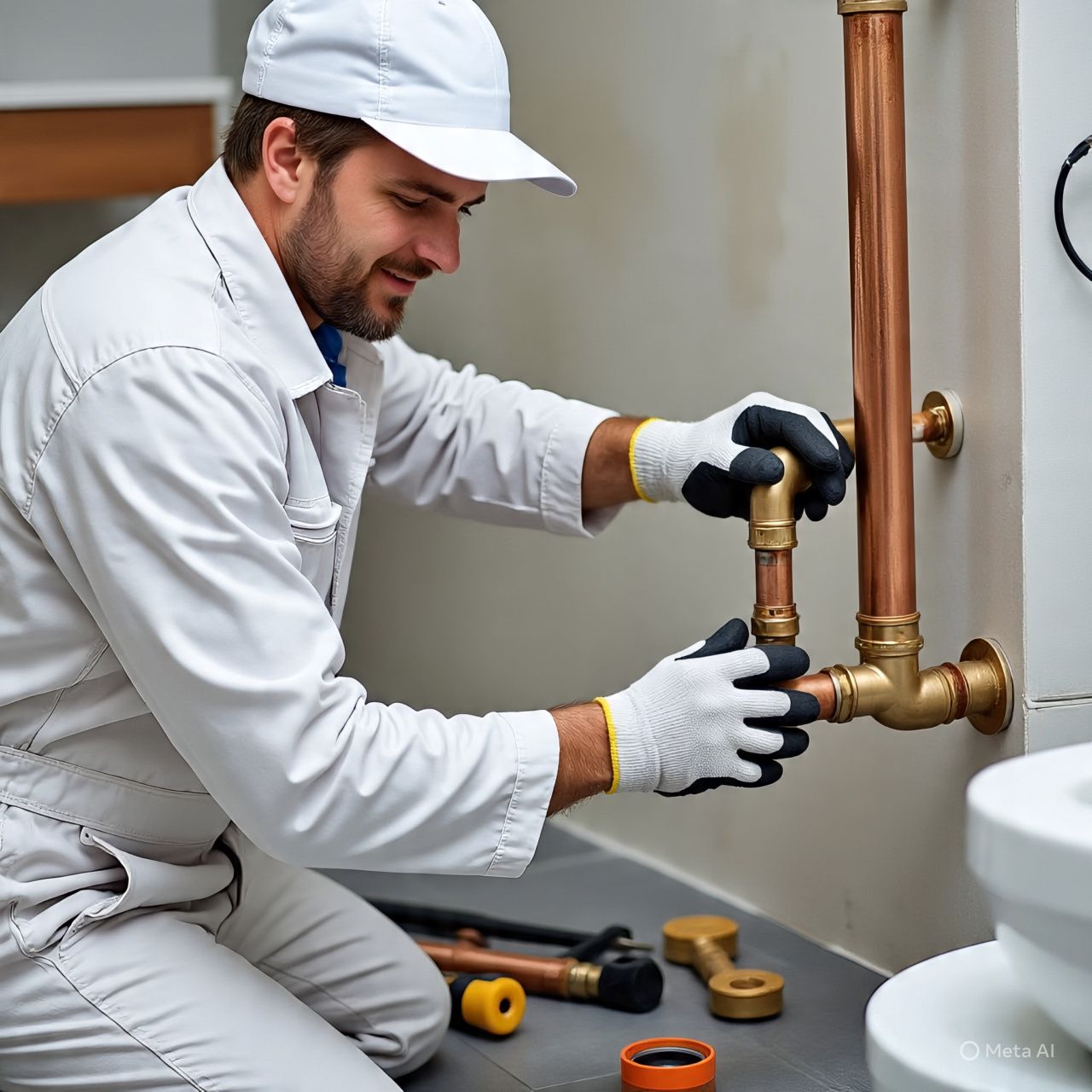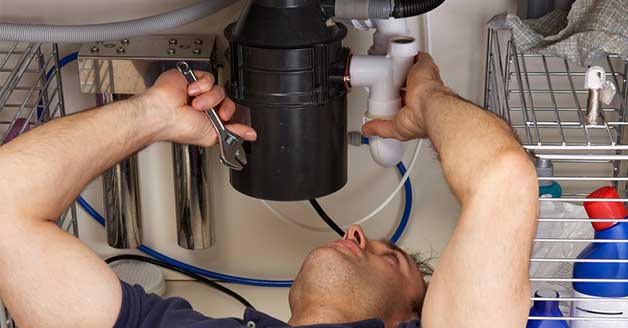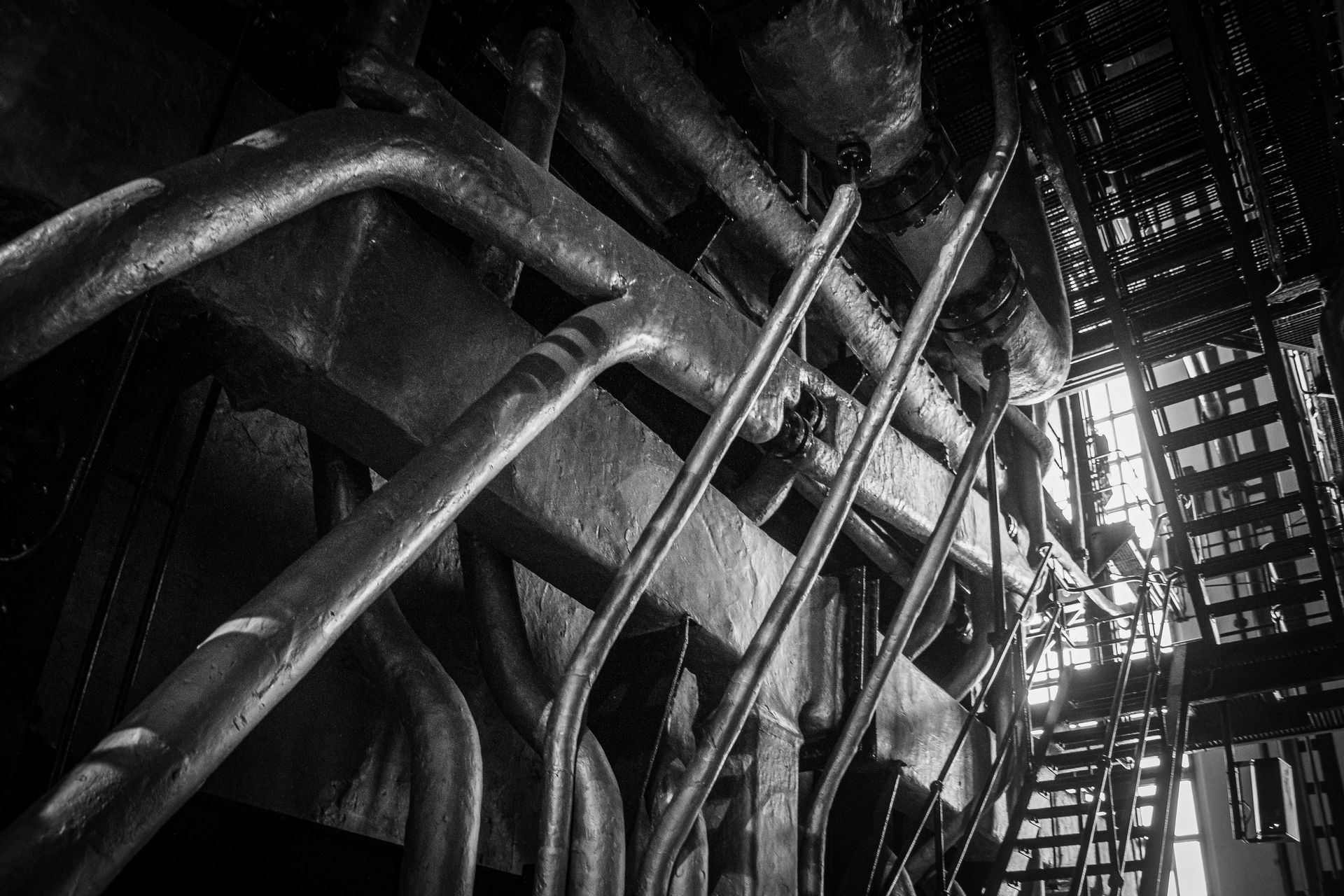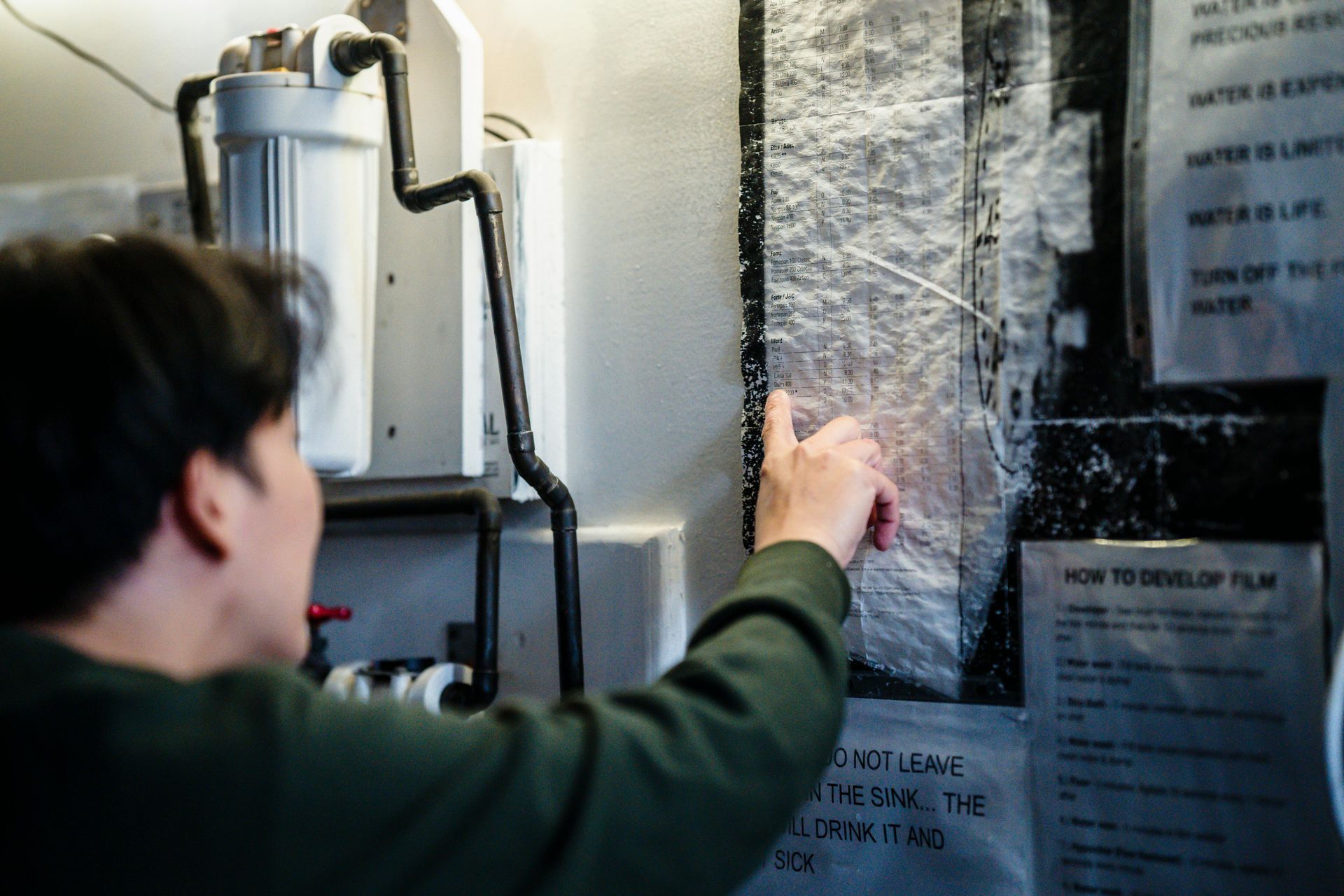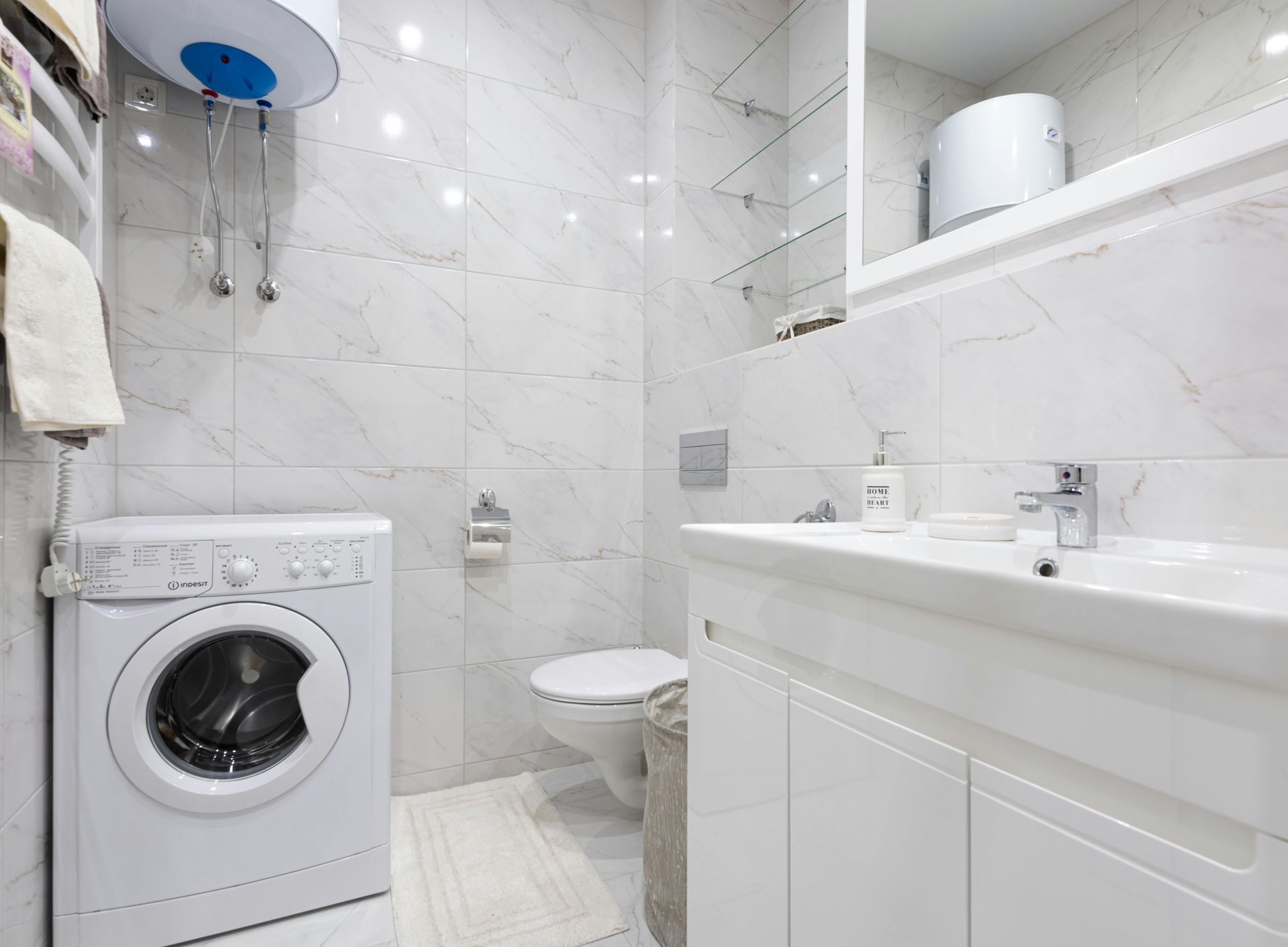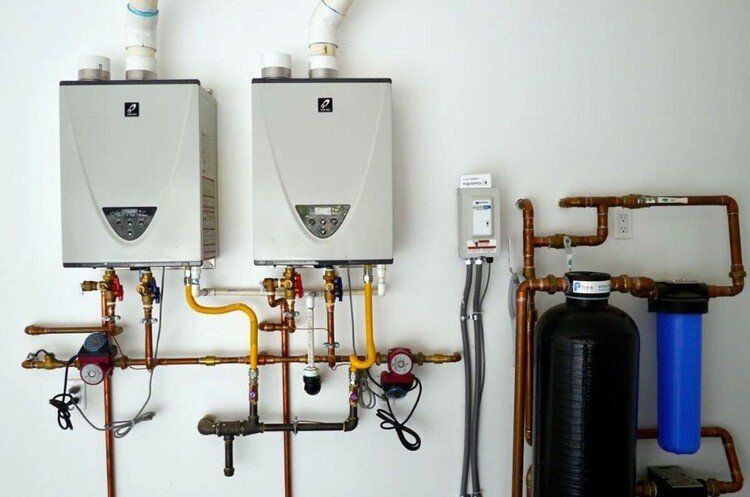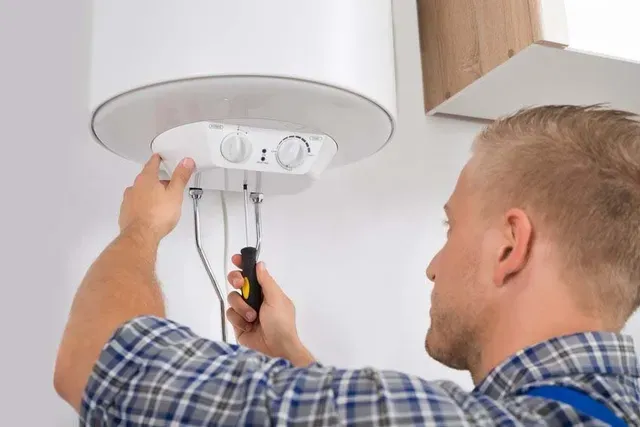The Ultimate Guide to the Benefits of Cleaning Your Drains
Hey there, ever found yourself ankle-deep in a slowly draining shower or faced with a sink that just won’t cooperate? We’ve all been there. But fear not! Maintaining clean drains isn’t just about convenience—it’s a game-changer for your home’s health and your wallet. Imagine smoother water flow, fewer plumbing disasters, and even lower bills. In this guide, we'll explore why regular drain cleaning isn’t just a chore—it’s a smart move for a happier, healthier home.
Read more about Ways to get rid of drain flies!
Improved Drainage and Functionality:
Ever experienced the frustration of water pooling around your feet in the shower or a sink that takes ages to empty? Regular drain cleaning can banish these annoyances by keeping your pipes free from the buildup of hair, soap scum, grease, and other debris. By maintaining clean drains, you ensure that water flows smoothly without encountering obstacles, leading to faster drainage times and a more efficient plumbing system overall. This not only enhances everyday convenience but also reduces the risk of backups and water damage, keeping your home running smoothly.
Cost Savings:
Cleaning your drains regularly isn’t just good for your home; it’s great for your wallet too. By preventing clogs and buildup, you can avoid the hefty costs associated with emergency plumbing services and repairs. Think of it as an investment in your home’s plumbing longevity. When drains are kept clean, they operate efficiently, reducing the likelihood of blockages that can lead to expensive fixes down the road. This proactive approach not only saves you money but also provides peace of mind knowing that you’re preventing potential plumbing disasters before they happen.
Extended Drain Longevity:
Regularly cleaning your drains isn’t just about preventing immediate clogs; it’s about extending the lifespan of your plumbing system. Over time, debris like hair, grease, and soap scum can build up inside pipes, causing corrosion and deterioration. By keeping your drains clean, you reduce the wear and tear on your plumbing infrastructure, potentially adding years to its lifespan. This proactive maintenance not only saves you from costly replacements but also ensures that your plumbing continues to function effectively for years to come.
Prevention of Structural Damage:
Clogged drains and backups aren’t just inconvenient; they can also lead to significant structural damage to your home. Water backups can cause moisture buildup in walls, ceilings, and foundations, which can weaken the structure and lead to mold growth. By regularly cleaning your drains, you minimize the risk of these backups, thus safeguarding your home from potential water damage and the costly repairs that come with it. This preventive measure not only preserves the integrity of your home but also maintains a healthy living environment for you and your family.
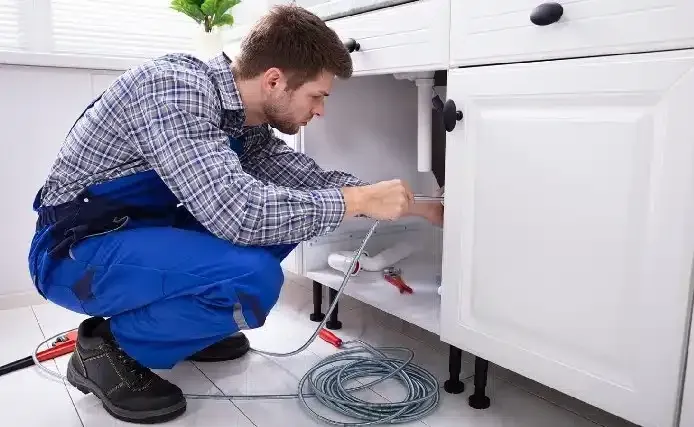
Airburst Drain Cleaning:
Airburst drain cleaning technology offers a revolutionary way to clear stubborn blockages and buildup from your plumbing system. Using bursts of compressed air, this method effectively dislodges debris without the need for harsh chemicals or invasive procedures. It’s not only environmentally friendly but also highly efficient, restoring optimal flow and functionality to your drains. Whether you’re dealing with persistent clogs or just looking to maintain peak performance, airburst drain cleaning is a modern solution that ensures your plumbing stays clear and hassle-free.
Improved Water Pressure:
Clean drains are essential for maintaining optimal water pressure throughout your home. Over time, mineral deposits, grease, and other debris can accumulate in pipes, restricting water flow and reducing pressure. By regularly cleaning your drains, you remove these obstructions, allowing water to flow freely and maintaining consistent pressure in sinks, showers, and appliances. This ensures a comfortable and efficient water usage experience, enhancing both convenience and overall household efficiency.
Prevention of Blockages:
Regular drain cleaning is the frontline defense against blockages that can disrupt your daily routine. Hair, soap residue, food particles, and other debris can gradually accumulate in drains, leading to stubborn clogs over time. By proactively cleaning your drains, you remove these potential blockage sources before they become problematic. This preventive measure not only keeps your plumbing system running smoothly but also reduces the need for emergency interventions, saving you time, money, and frustration in the long run.
Prevention of Clogged Drains:
One of the most significant benefits of regular drain cleaning is its ability to prevent drains from becoming clogged in the first place. By removing buildup and debris on a consistent basis, you minimize the chances of experiencing slow drainage or complete blockages. This proactive approach not only ensures that water can flow freely throughout your plumbing system but also reduces the risk of unpleasant odors and bacterial growth associated with stagnant water. Keeping your drains clean is a simple yet effective way to maintain a hygienic and smoothly functioning household environment.
Addressing Slow Draining Issues:
Slow drainage in sinks, showers, or tubs can be a frustrating issue caused by buildup of debris and residue in the pipes. Regular drain cleaning helps to address and prevent slow draining by clearing out these accumulations before they cause significant blockages. By maintaining clean drains, you ensure that water can flow freely, minimizing the time it takes for sinks and showers to empty. This not only improves convenience but also prevents potential backups that could lead to more severe plumbing problems.
Lower Water Bills:
Maintaining clean drains can also lead to lower water bills by optimizing the efficiency of your plumbing system. Blocked or partially clogged drains can restrict water flow, causing appliances like dishwashers and washing machines to use more water than necessary. By keeping drains clear of debris, you ensure that water flows efficiently through your pipes, reducing water wastage and associated costs. This proactive measure not only saves you money on your monthly utility bills but also contributes to environmental conservation by promoting efficient water usage.
Conclusion:
Maintaining clean drains isn’t just about convenience—it’s a smart investment in your home’s health and your financial well-being. By regularly cleaning your drains, you ensure improved drainage and functionality, extend the longevity of your plumbing system, and prevent costly structural damage. Additionally, technologies like airburst drain cleaning and the prevention of blockages and clogs contribute to smoother operations and lower water bills. Embrace proactive drain maintenance, and you’ll not only enjoy a more efficient home but also peace of mind knowing that you’re safeguarding against potential plumbing emergencies. Make clean drains a priority, and watch as your home benefits from better performance and reduced maintenance costs.
Reach out to Brothers Locksmith for drain clearing services!
